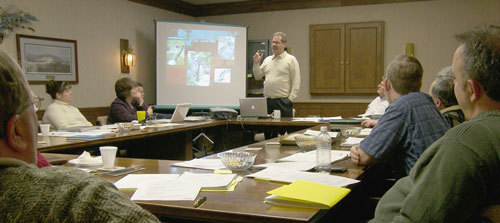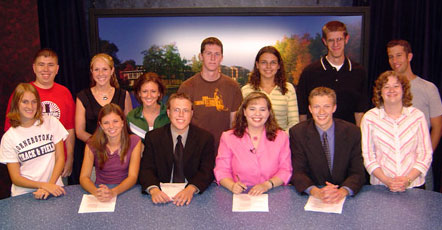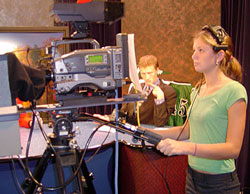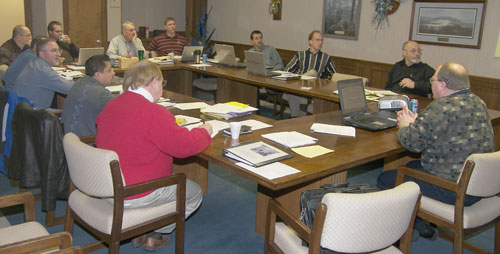14 Mar Turnaround Churches
 There is an event planned for April at Huntington University that some of you should be interested in attending. The Hoffman Lectureship Series for 2006 will be held on the campus April 18, 2006, with the topic being “Turnaround Churches.” The speaker is Gene Wood, who has authored two books, “Leading Turaround Churches” and “Leading Turnaround Teams.” The lecture will begin at 8:30 AM and end at 3:30 PM.
There is an event planned for April at Huntington University that some of you should be interested in attending. The Hoffman Lectureship Series for 2006 will be held on the campus April 18, 2006, with the topic being “Turnaround Churches.” The speaker is Gene Wood, who has authored two books, “Leading Turaround Churches” and “Leading Turnaround Teams.” The lecture will begin at 8:30 AM and end at 3:30 PM.
The registration fee is just $30 and it covers the registration fee, noon meal, and refreshments.
Now, I know we have several churches that could and should be considered turnaround churches. A turnaround church could be described as a church that has plateaued or is in decline, but there is a sense that God really wants to do something in that place. Not all plateaued or declining churches can be considered a turnaround situation. This seminar will help you assess your turnaround potential.
We ought to have a couple dozen of our churches respond to this opportunity by sending their pastor and several key laypersons. You can request a registration form by responding to this blog with your name and address and how many forms you would like.
For pastors in the UBIC, this seminar will earn .5 CEU credits.
I plan to attend this myself and I hope to see many of you there as well.
We have plateaued and/or declining churches that if they do not develop a turnaround ministry, they probably will eventually die. And in many cases that isn’t necessary. But they must refocus their ministry and become culturally relevant to their community.
Will you come? Not can you come? But will you? I trust you will!

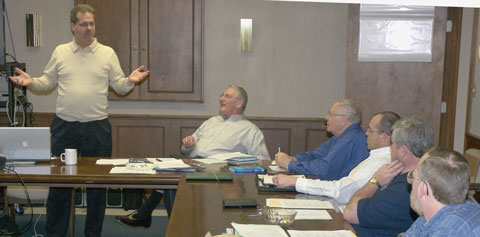
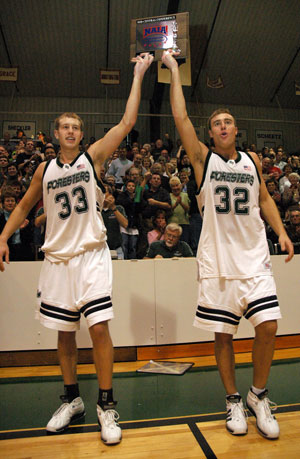 The Huntington University men’s basketball team is ranked second in the national in the NAIA Division II, with a 28-5 record. They are now in Branson, Missouri, for the national tournament, and were given the number 2 seed. The top seed went to Embry Riddle, a Florida college, with a 30-2 record.
The Huntington University men’s basketball team is ranked second in the national in the NAIA Division II, with a 28-5 record. They are now in Branson, Missouri, for the national tournament, and were given the number 2 seed. The top seed went to Embry Riddle, a Florida college, with a 30-2 record.